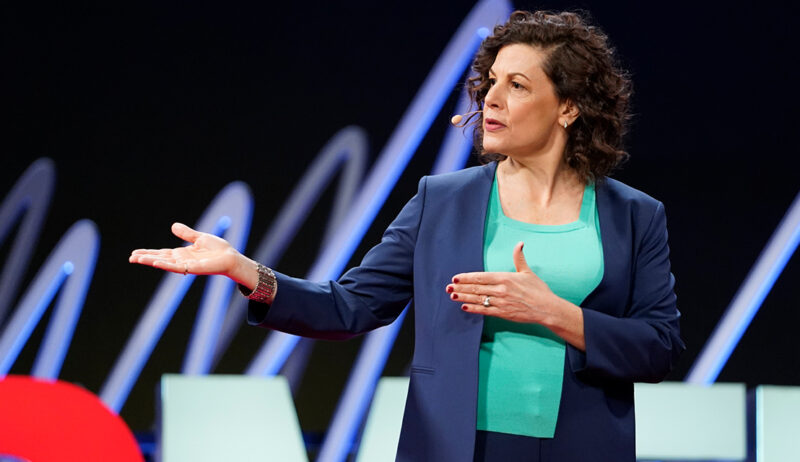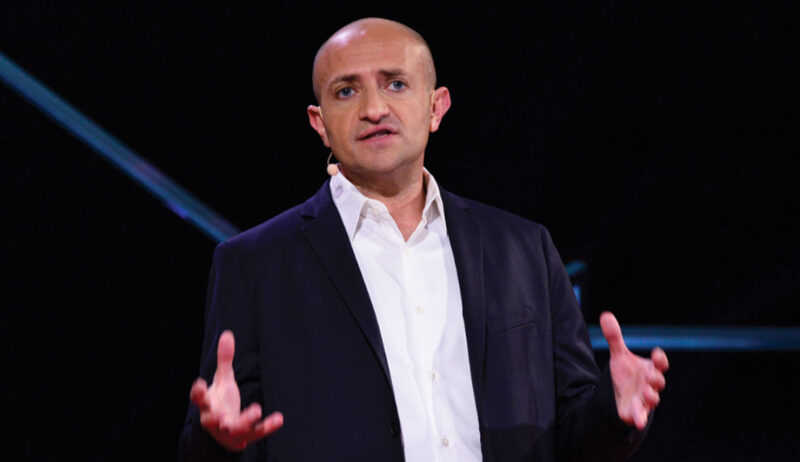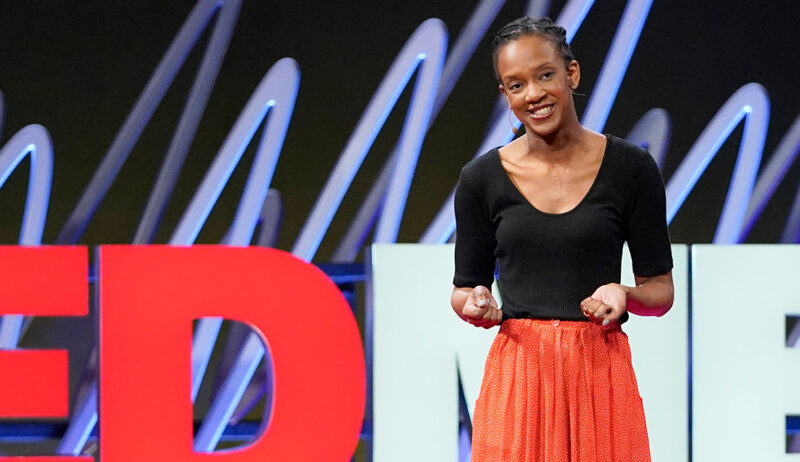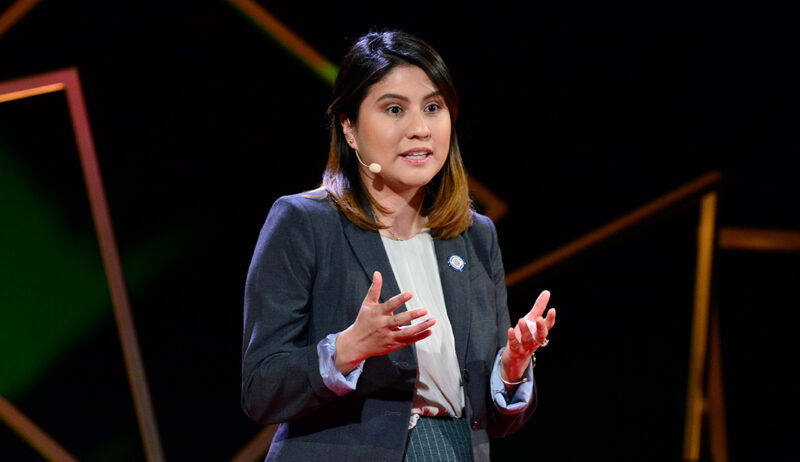About this talk
For most people, facing a “fork in the road” is a natural part of life’s journey. For Carl June, Immunotherapy Pioneer, “forks in the road” led him to create the first “living drug” in medicine that cures cancer. With an understanding of the immune system’s process, Carl and his team used genetic engineering to build a synthetic immune system that could detect and kill cancer cells. His invention, CAR T cells, divide and multiply in the body to destroy cancer cells. As a “living drug,” a CAR T infusion has the ability to stay on patrol in the body for decades.
Barring setbacks, adverse reactions, high costs, and more, Carl June has developed one of the first drugs in medical history to successfully treat cancer with a high remission rate. Watch his TEDMED 2018 Talk to uncover the research behind this discovery – as well as the “forks in the road” that led to momentous medical progress.
About Carl June
See more
About Carl
Carl June is a highly respected immunologist, researcher, and professor at the University of Pennsylvania. He is known as a pioneer in the field of CAR T-cell therapy, a revolutionary cancer treatment. This therapy, developed by Carl and his team, uses a patient’s own immune cells, called T cells, to fight cancer. The T cells are taken from the patient, genetically altered in a lab to better identify and destroy cancer cells, and then returned to the patient’s body. This groundbreaking method has been especially effective for certain types of blood cancers, including leukemia. Carl’s work led to the first-ever FDA approval of a personalized cellular therapy for cancer in the U.S. In addition to his research, Carl is the Director of the Center for Cellular Immunotherapies and the Parker Institute for Cancer Immunotherapy at the University of Pennsylvania’s Perelman School of Medicine. He has published over 500 scientific papers and has received numerous awards for his contributions, including being named one of Time Magazine’s 100 Most Influential People in 2018 and the prestigious 2024 Breakthrough Prize in Life Sciences.











